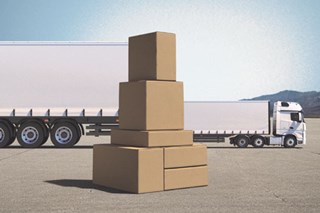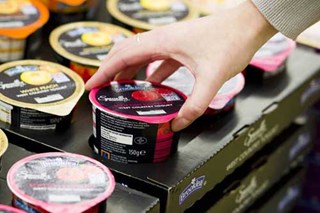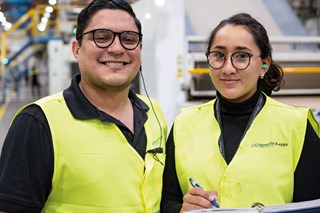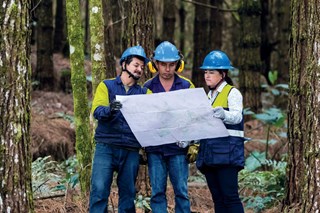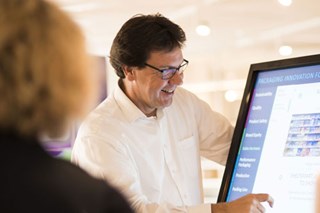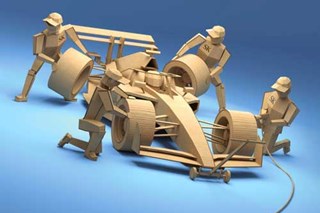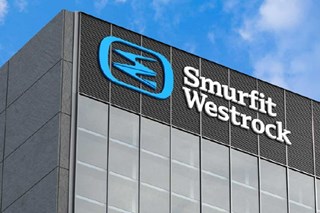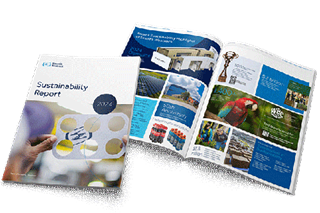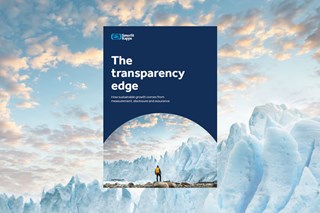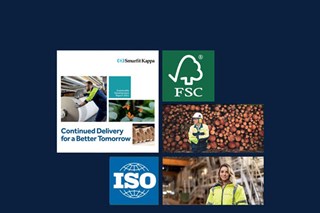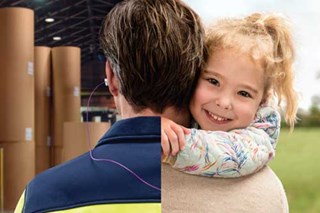Smurfit Kappa leads the way in sustainability with new water milestone
Sustainable packaging leader Smurfit Kappa has announced that it has slashed the chemical oxygen demand (COD) in its water discharge three years early.
The company had set an ambitious goal to improve the quality of its water quality by reducing the COD by 1/3 per tonne of produced paper by the end of 2020 compared to 2005. This significant improvement in water quality is an important step for protecting aquatic life and comes after extensive research and development.
Smurfit Kappa invested over €60 million in sustainable water treatment technology installing anaerobic water treatment processes that do not need oxygen and subsequently use less energy, followed by aerobic treatment to ensure low COD results. The treatment transforms water pollutants into biogas which is then reused as fuel in the company’s combined heat and power plants.
This milestone is the latest in a series of sustainability achievements and follows on from Smurfit Kappa reaching full chain of custody certification for its entire raw material supply chain earlier this year.
Speaking about achieving the latest goal, Steven Stoffer, VP of Development at Smurfit Kappa said: “We are very proud to have reached our water target in 2017, three years ahead of our 2020 goal. This is thanks to the extensive knowledge and experience we have gained in water treatment over the past decades and our focus on closing loops wherever possible. We aim to return all our water to nature as clean as before.”
“With our commitment to Forest Certification and Chain of Custody certified products, Smurfit Kappa is also actively contributing to the management and protection of the forests’ natural water cycle. By complying with certified sustainable forest management according to FSC®, PEFC™ and SFI® standards, we are proud to protect and support nature’s very important water manager.”
Water is one of the five key sustainability areas for Smurfit Kappa along with Forest, Climate Change, Waste and People. More information on these five key areas can be found here.


